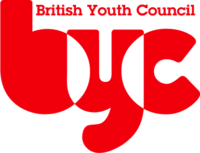UK Young Ambassadors: Why the UK needs UN Youth Delegates
As many of you might be aware, in early 2022, the UK Young Ambassadors began exploring the possibility of a UN Youth Delegate Campaign. For those that don’t know what this is, the campaign idea focused on re-establishing a UK-UN Youth Delegate program, thus allowing young people across the UK to once again have their
- Published in Blogs, UK Young Ambassadors
Call for UK Young Ambassadors launched
The British Youth Council has launched a new call for young people to put themselves forward to be the next cohort of UK Young Ambassadors for the European Structured Dialogue. Through this programme young people from across the four nations of the UK can represent the views of their peers to UK and European youth
- Published in News, UK Young Ambassadors
Four months on the other side of international representation
As a UK Young Ambassador representing Wales back in 2010, I was given the opportunity to represent young people in the UK at international conferences that required representation of young people. Upon reflection, and throughout the experience of two academic degrees, this has been the opportunity that provided me with the best experience of practical
- Published in Blogs
International Youth Day: Peace and Participation
The 12th August 2017 is International Youth Day and the theme this year is building peace. In the spirit of working together Rowan Munson, alumni member of the NHS Youth Forum and Kath Evans, Experience of Care Lead for Maternity, Children and Young People at NHS England co-author this blog. “Peace cannot be kept by
- Published in Blogs





